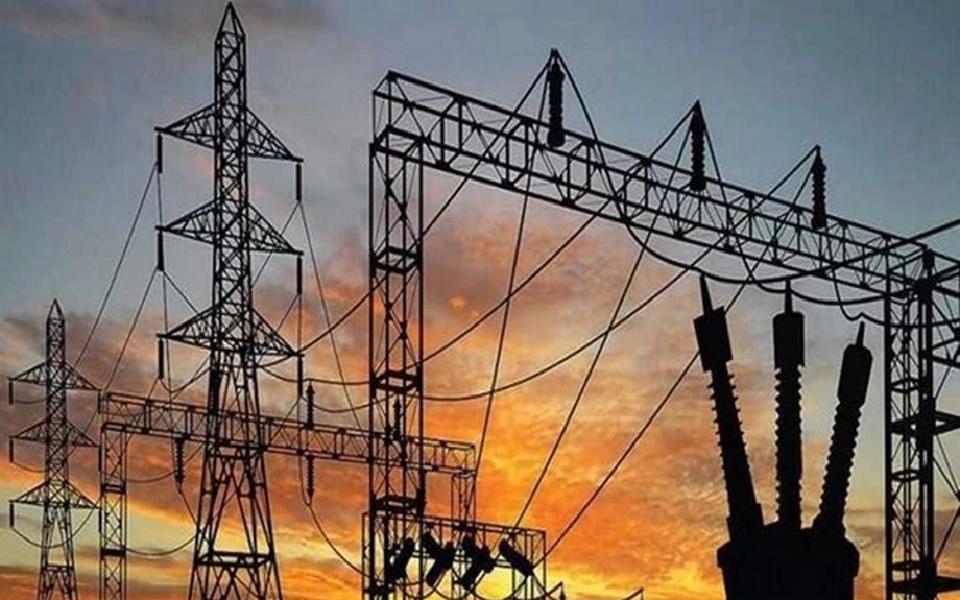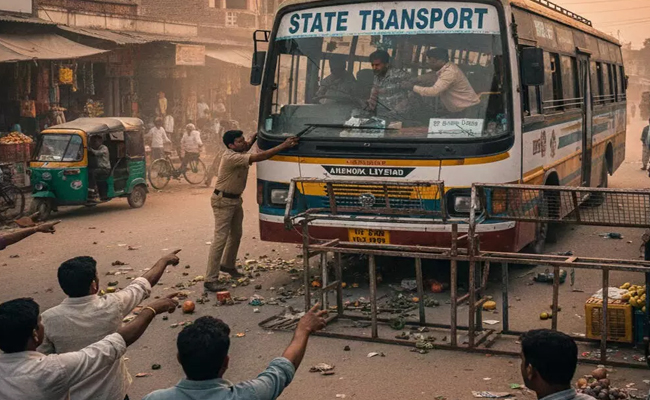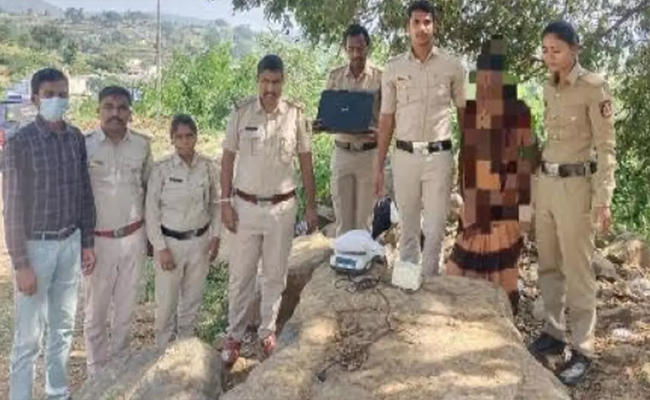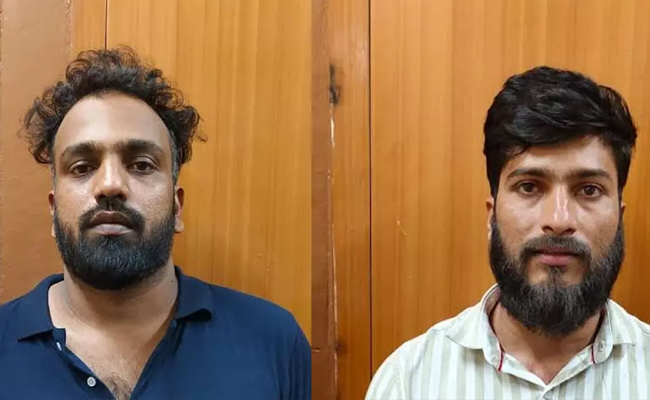Bengaluru: Amidst a large number of people thronging to register for the ‘Gruha Jyothi’ scheme, there is also uncertainty among many regarding the final date for registrations. Addressing this concern, the Bangalore Electricity Supply Company (BESCOM) has provided clarification regarding the last date for registration, relieving the doubts of the eager applicants who may be anxious about missing out on an opportunity to enroll in the scheme.
The ‘Gruha Jyothi’ scheme, which provides 200 units of free electricity to all households in Karnataka, saw a significant increase as the figures doubled with 1,06,958 people applied for the scheme on Monday.
ALSO READ: Punjab govt has offered to supply rice to K'taka for its Anna Bhagya scheme, says state AAP unit
Meanwhile, to alleviate the doubts regarding the last date of registrations, BESCOM in a press release stated that there is no deadline fixed for registration, and the consumers need not panic.
The registration process for the ‘Gruha Jyothi’ scheme is to be done through the Seva Sindhu government portal, which features a dedicated page specifically designed for this purpose (https:sevasindhugs.karnataka.gov.in). For additional information or assistance, consumers are can also reach out to their nearest electricity office or contact the 24x7 helpline at 1912.
Let the Truth be known. If you read VB and like VB, please be a VB Supporter and Help us deliver the Truth to one and all.
Bengaluru: Vidyaranyapura police have arrested four persons, including a man posing as a Police Sub-Inspector (PSI), for allegedly breaking into a house, threatening the occupants, and extorting money while wearing police uniforms.
The arrested accused have been identified as Mallikarjuna, Pramod, Vinay, and Hrithik.
Police said the accused had hatched a plan to pose as police personnel, conduct fake raids, and extort money from residents by intimidation.
ALSO READ: Bantwal police arrest two men for illegal sale of narcotics, seize two vehicles, 810 gm ganja
According to the police, Mallikarjuna had failed the PSI examination twice and later falsely projected himself as a PSI. He allegedly conducted photo shoots in his hometown, Siraguppa, wearing a police uniform, baton, cap, and shoes, claiming to be serving as a PSI in Bengaluru.
On December 7, the four accused allegedly went to the house of Naveen in the Vidyaranyapura limits, threatened him with a stick and an iron rod, and claimed they had information that he was selling ganja. Under the pretext of searching, they allegedly extorted ₹87,000 through bank transfer, ₹53,000 in cash kept in the house, and ₹2,000 from his wallet.
Following Naveen’s complaint, Vidyaranyapura police registered a case and launched an operation, leading to the arrest of all four accused. Police have seized ₹45,000 in cash and the car used to commit the crime.
Further investigation is underway.





